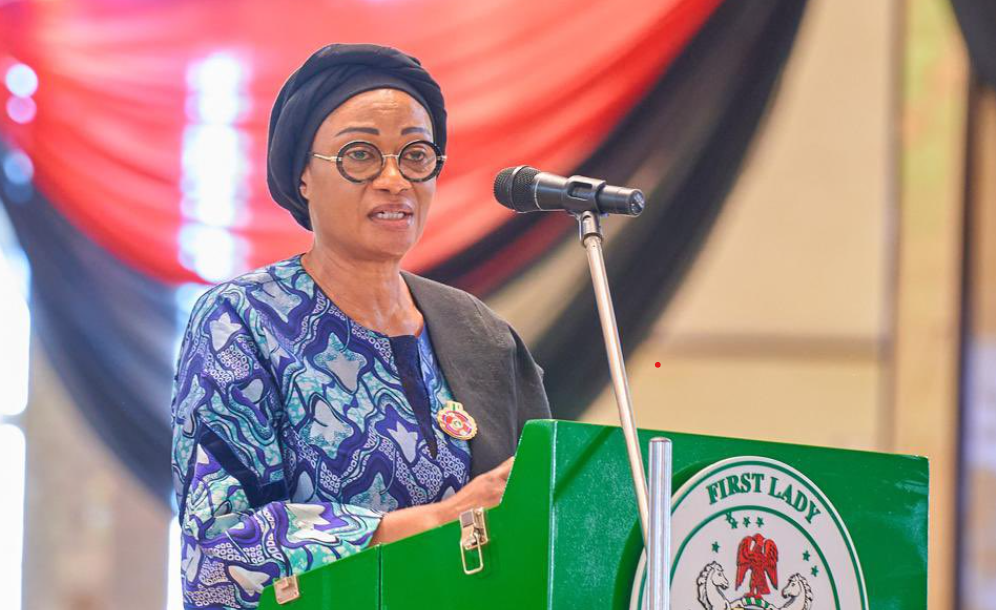The Urgent Call to Action: Eradicating Malaria in Nigeria
Malaria, a mosquito-borne infectious disease, continues to pose a significant threat to global health, particularly in sub-Saharan Africa. Nigeria, unfortunately, bears the heaviest burden of this preventable disease, accounting for a disproportionate share of global malaria cases and deaths. On World Malaria Day 2025, Nigerian First Lady, Oluremi Tinubu, issued a powerful call to action, emphasizing the urgency of collaborative efforts to combat this national emergency. Her message, echoing the global theme "Malaria Ends With Us: Reinvest, Reimagine, Reignite," serves as a stark reminder of the collective responsibility to eradicate this devastating disease.
The statistics paint a grim picture of malaria’s impact on Nigeria. According to the World Health Organization (WHO), Nigeria accounted for nearly 67 million malaria cases in 2022, representing a staggering 27% of the global burden. Even more alarming, Nigeria accounted for 31% of global malaria deaths and a heartbreaking 38% of global malaria deaths in children under five years old. These figures underscore the devastating impact of malaria on Nigerian families and communities, highlighting the urgent need for intensified interventions.
The First Lady’s call to action resonates deeply within this context. She emphasizes that malaria is not merely a public health challenge; it is a national emergency demanding immediate and concerted action. Her appeal for renewed investment in life-saving interventions, heightened public awareness, and a revitalized commitment to ending malaria underscores the critical role of collaborative efforts in achieving this goal. Mrs. Tinubu urges government agencies, private sector partners, NGOs, healthcare professionals, and community leaders to join forces and recommit to the fight against malaria with unwavering resolve and a sense of urgency.
The theme "Malaria Ends With Us" carries a profound message of empowerment and shared responsibility. It underscores the crucial role that every individual plays in combating this deadly disease. Mrs. Tinubu’s statement emphasizes the importance of individual actions in preventing malaria transmission. Maintaining a clean and healthy environment, free of stagnant water – the breeding ground for mosquitoes – is essential. Personal hygiene also plays a vital role in protecting individuals from illness. These simple yet effective measures, when adopted widely, can significantly contribute to reducing the incidence of malaria.
Ending malaria requires a multifaceted approach that addresses prevention, diagnosis, and treatment. Increased investment in malaria control programs is essential. This includes providing access to insecticide-treated bed nets, promoting the use of artemisinin-based combination therapies (ACTs) for effective treatment, and strengthening surveillance systems to track the spread of the disease. Furthermore, community engagement and education are crucial in empowering individuals to protect themselves and their families from malaria. Raising awareness about the importance of preventive measures, such as using bed nets and seeking prompt treatment for fever, can significantly reduce the burden of the disease.
The First Lady’s call to action serves as a rallying cry for Nigeria to unite in the fight against malaria. By working together – governments, organizations, communities, and individuals – Nigeria can effectively address this national emergency and create a malaria-free future. The goal of eradicating malaria is ambitious but achievable. Through sustained commitment, increased investment, and collaborative action, Nigeria can overcome this challenge and protect its citizens from the devastating consequences of this preventable disease. This World Malaria Day message from the First Lady serves as a powerful reminder that ending malaria is not just a possibility; it is a shared responsibility.


